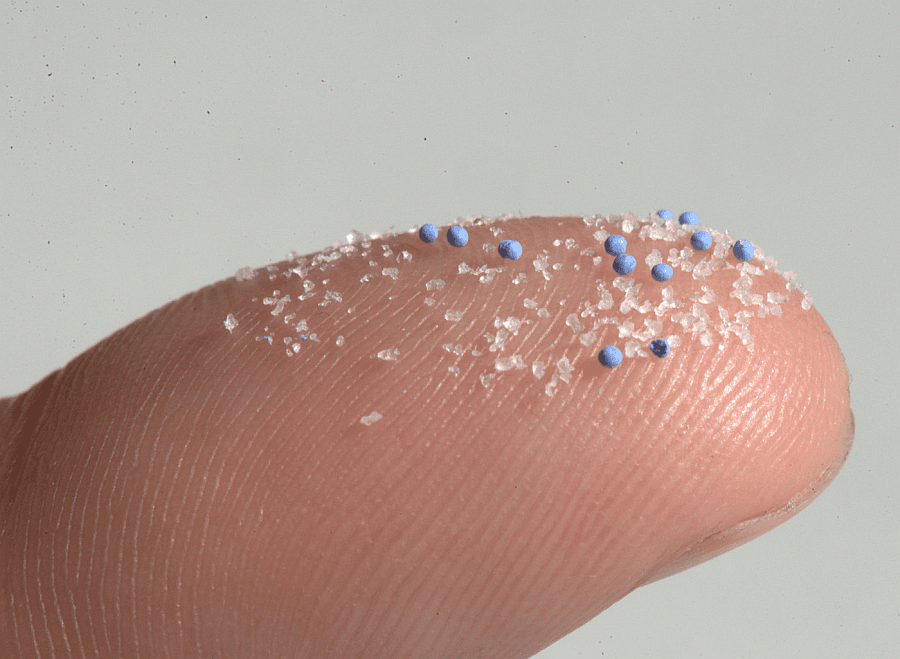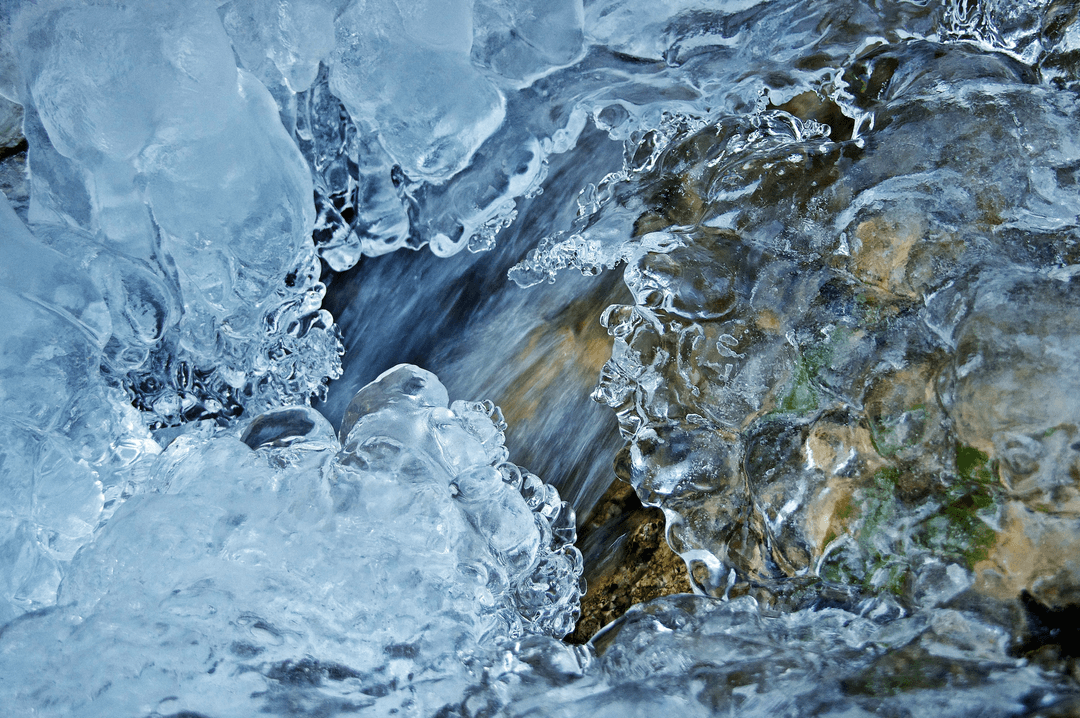Have you ever wondered if you can boil all the bad out of your tap water? Many of us have been led to believe that steam floating toward the ceiling is a telltale sign of clean water. After it cools off, you tip back a glass without worry. Sure, it tastes flat and the process was a pain, but at least it’s safe to drink… or is it?
Before you bring your water to a boil, read on to discover why you need more than heat to get complete protection from the dangers of tap water.




